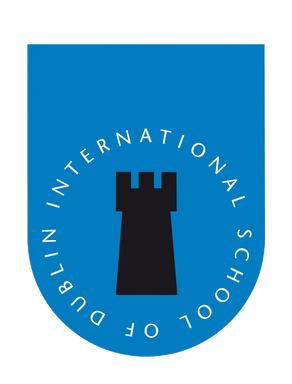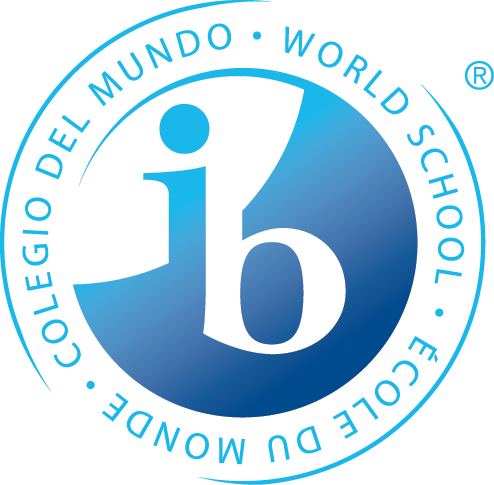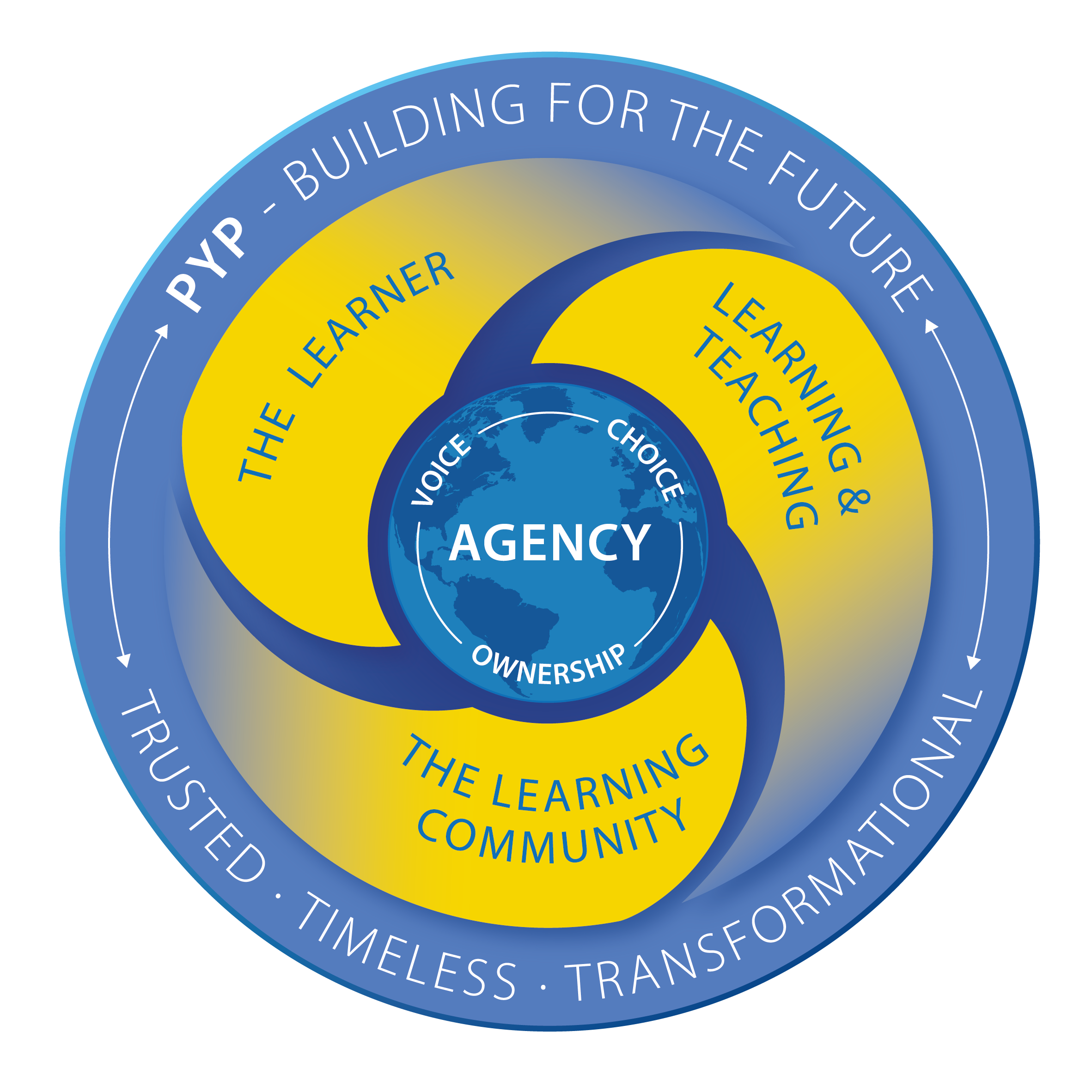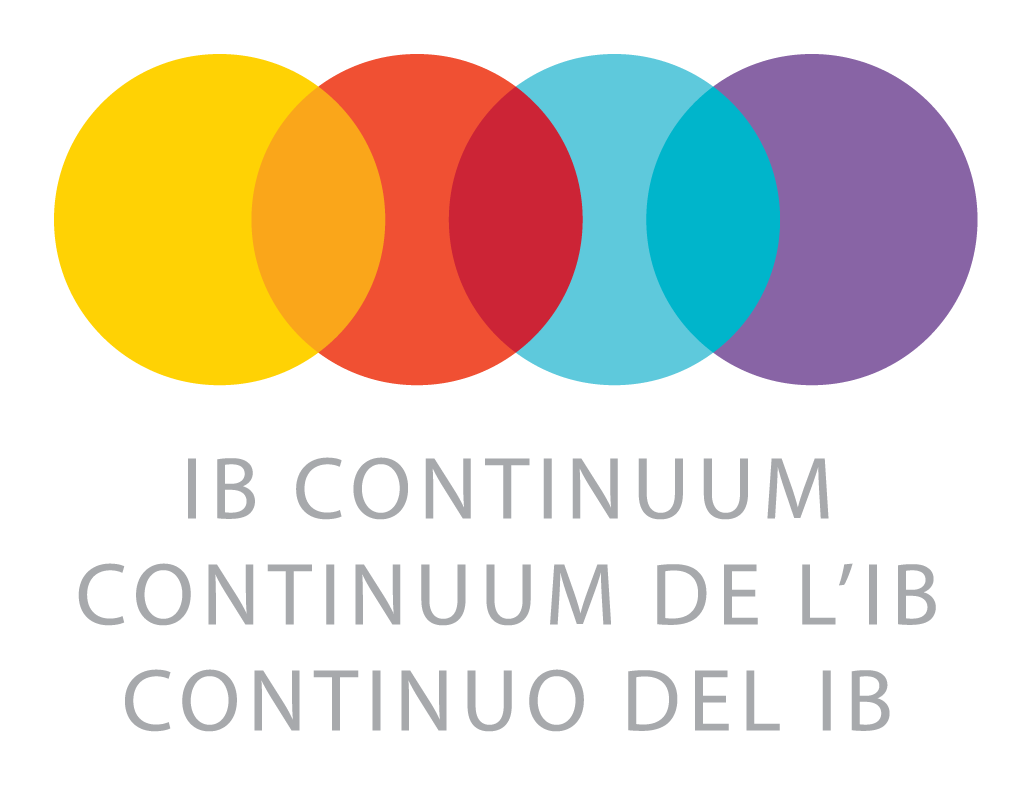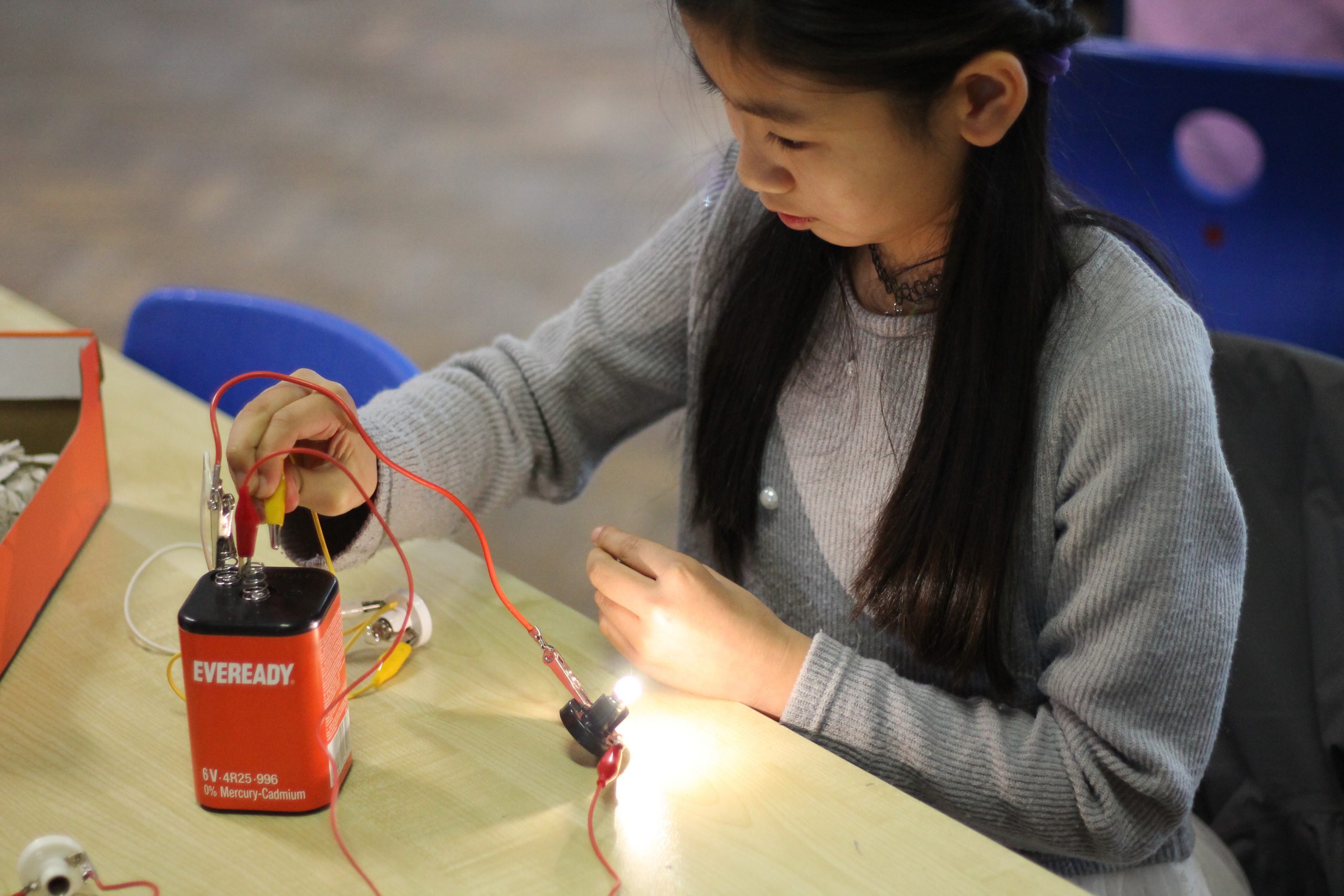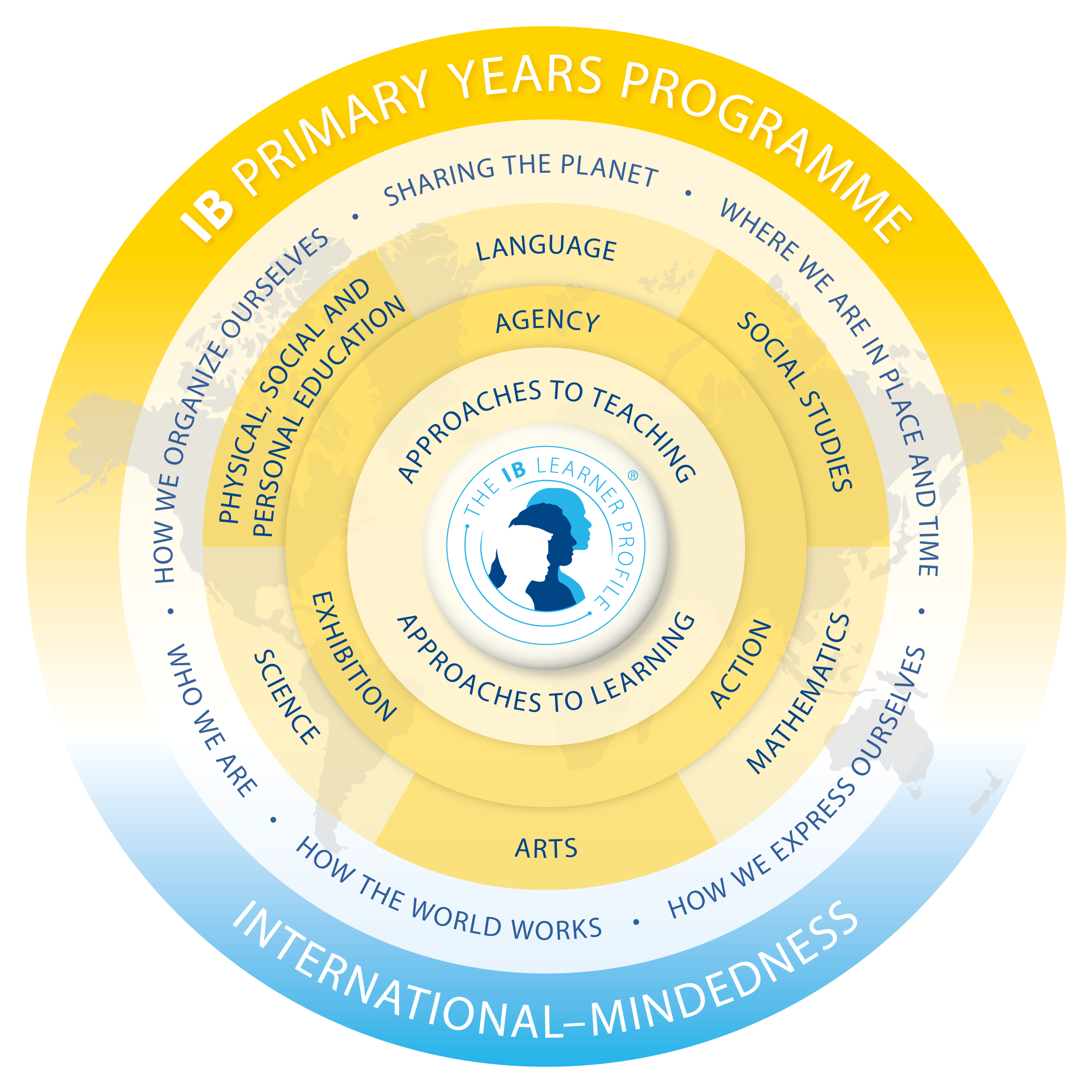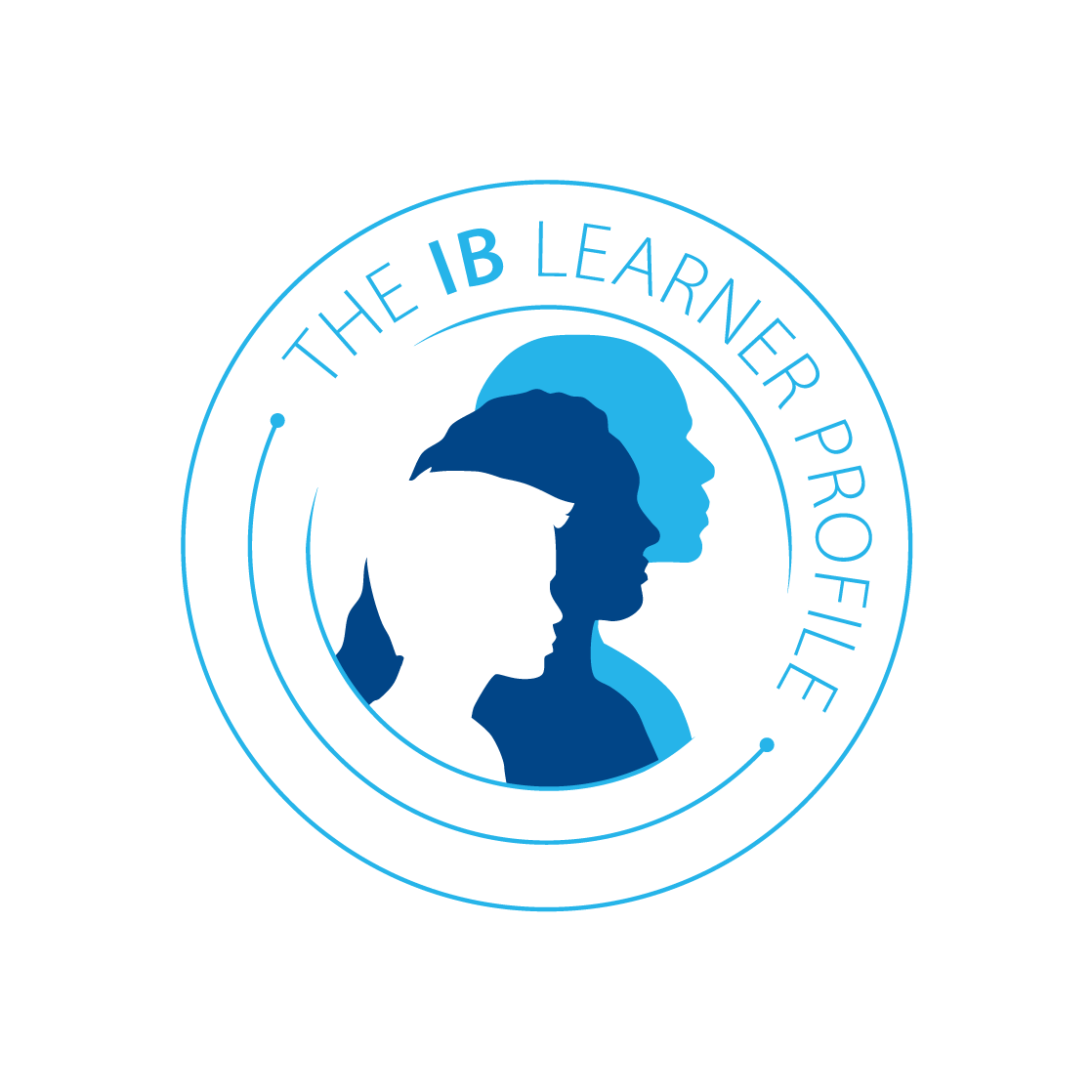1. Inquiry
The search for meaning is fundamental to what it is to be human.
Curiosity, asking questions and making sense of the world activates higher-order thinking on many levels. Inquiry focuses on understanding concepts and making connections that enhance learning.
At ISD we strive for our students to be active inquirers, learners who are engaged in educational material and experiences. Throughout the curriculum, students are guided by the inquiry cycle.
The nature of a cycle is flexible and never ending, a process of which one may move forward, backward and in all directions. The cycle provides opportunities for students to navigate their learning in a personally significant manner.
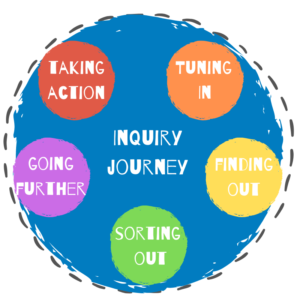
2. Student Centred
Placing learners at the heart of the learning process shifts the focus and ownership of education from the teacher to student. It provides choice, agency and self-efficacy.
A student-centred approach allows learners to retain far more knowledge. At ISD learning begins with reflecting on prior knowledge. Teachers gently guide, encourage and inspire students to build upon what they already know, making connections and developing questions for exploration.
Through experiences and interactions, students naturally develop intricate, multi-layered perceptions and understandings. When students are agents of their own learning, they become responsible for and take ownership of the learning processes.
“Tell me and I forget. Teach me and I remember. Involve me and I learn.”
–Benjamin Franklin
3. Skills for the Future
In an ever changing world, the future is unpredictable.
We do not know what kind of world our students will grow up in. At ISD, we prepare our learners for the unknown by creating learning experiences with meaningful and authentic contexts.
This provides students the opportunities to develop a toolkit of skills to draw upon throughout life. We encourage the development of a well rounded learner with character, someone who:
- engages and is eager to learn
- thinks for themselves
- is capable of collaboration
- responds to real-life situations and challenges with optimism
- exhibits confidence, responsibility and all traits of the IB Learner Profile
- continually reflects
- is internationally-minded
4. Global Contexts
The IBPYP curriculum framework is guided by six transdisciplinary themes of global significance.
The themes have been created with scope and significance regardless of age and geography and are a commonality amongst IB schools worldwide; allowing learners to understand what it is to be internationally-minded.
Internationally-minded students are open to others and to the world; they are cognizant of humans’ deep interconnectedness. They recognise their common humanity and shared guardianship of the planet to help create a better a more peaceful world.
Learners at ISD regularly connect their learning to engage with local and global opportunities. The school atmosphere fosters the allegiance of its students to their cultural heritage and promotes respect and tolerance between all cultures. All community members are encouraged to consider themselves as global citizens and to reflect on how their personal actions can influence others both locally and globally.
